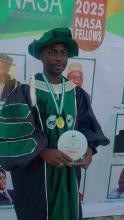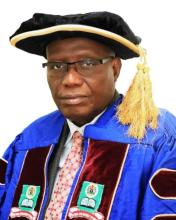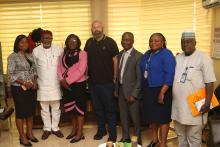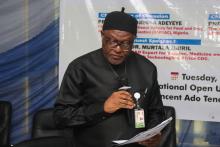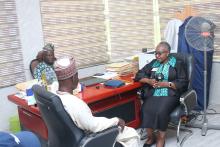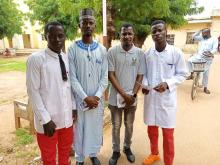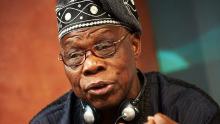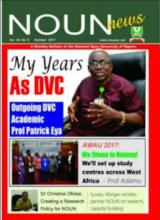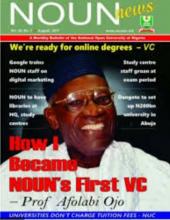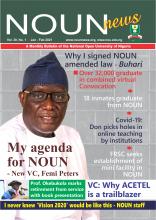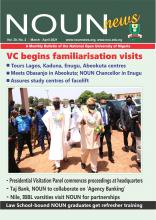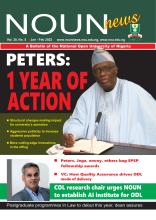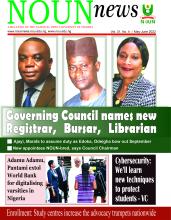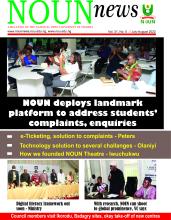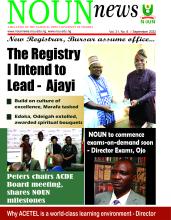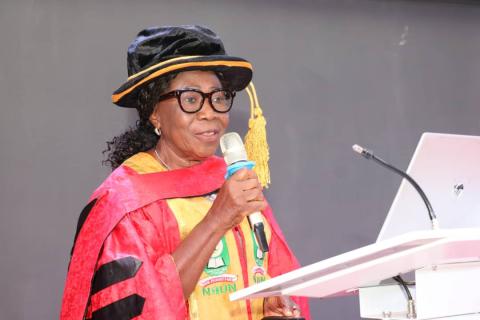
A professor of Science and Technology Education, National Open University of Nigeria (NOUN), Chibuogwu Virginia Nnaka, has revealed the central role of professional teacher education towards dismantling systemic gender barriers in Science, Technology, Engineering, and Mathematics (STEM) education and careers.
Nnaka, a renown advocate for gender equity in science and technology education, disclosed this while delivering the 34th Inaugural Lecture of the university, titled, “Professional Teacher Education: A Catalyst for Widening the Gateway to Gender Equity in STEM Education and Careers.”
The lecture, which took place on Thursday, July 24, 2025 at the NOUN headquarters in Abuja, dwelt on achieving equity in STEM which, according to the lecturer, must be the product of deliberate, strategic, and policy driven efforts, not mere happenstance.
She argued that teacher education serves as a foundational pillar for shaping perceptions, building capacity, and transforming classrooms into gender inclusive learning environments.
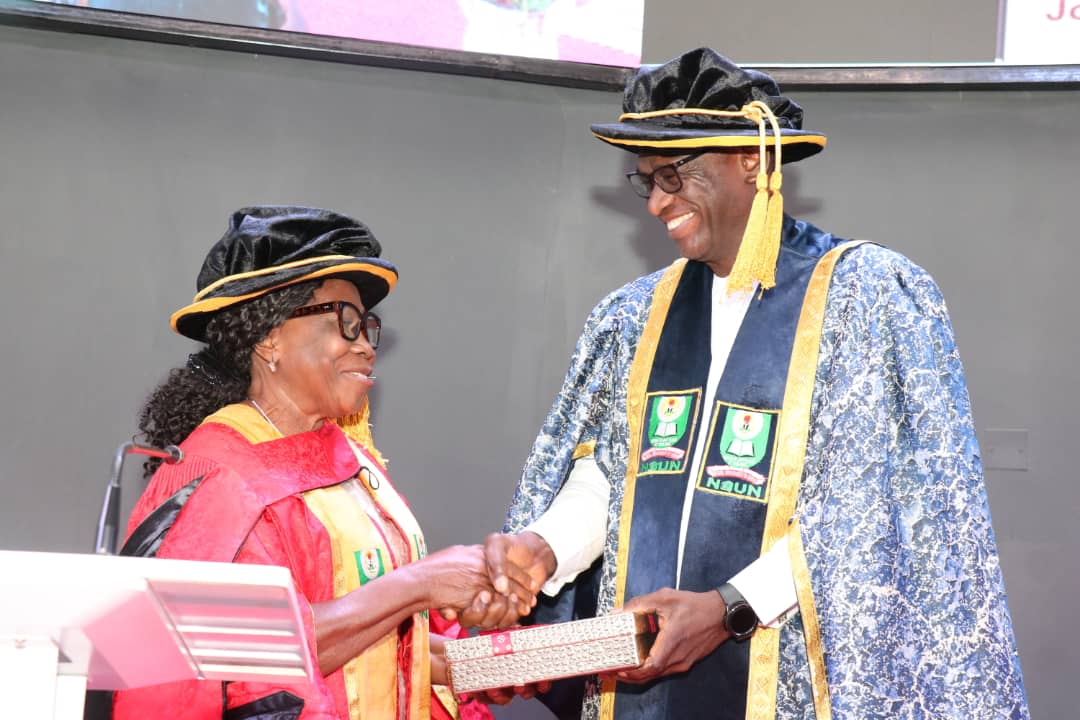
According to her, teachers are the first contact learners have with STEM, and thus must be professionally trained to challenge cultural biases, dismantle stereotypes, and mentor girls through their academic journeys in these fields.
"Teachers can either be gatekeepers of inequality or champions of inclusion," she said, adding, "The difference lies in how they are trained."
Nnaka broke down the STEM concept as more than an academic effort, presenting it as a critical driver of innovation, industrialisation, and national development.
She expressed concern over the persistent underrepresentation of women and girls in STEM, which she described as a major developmental shortfall for Nigeria.
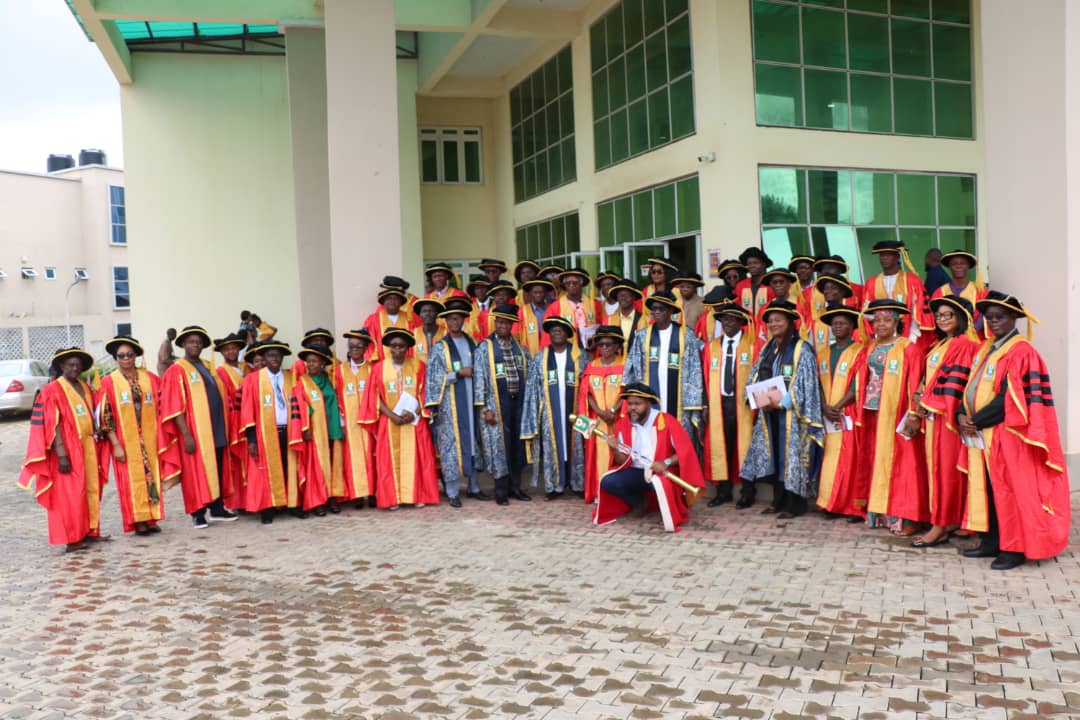
The university don drew attention to global and national statistics, noting that less than 30% of researchers globally are women as in Nigeria only 17% of students enrolled in tertiary STEM programmes are female.
Persistent cultural norms, gender stereotypes, inadequate mentorship, and male biased curricular content, she further said, have remained formidable barriers.
"When women are missing in STEM, half the population’s potential is lost. Innovation becomes stunted, and national development suffers," she added.
Drawing from her over four decades of academic research, administrative experience, and field-based interventions, Professor Nnaka presented empirical evidence supporting her assertions.
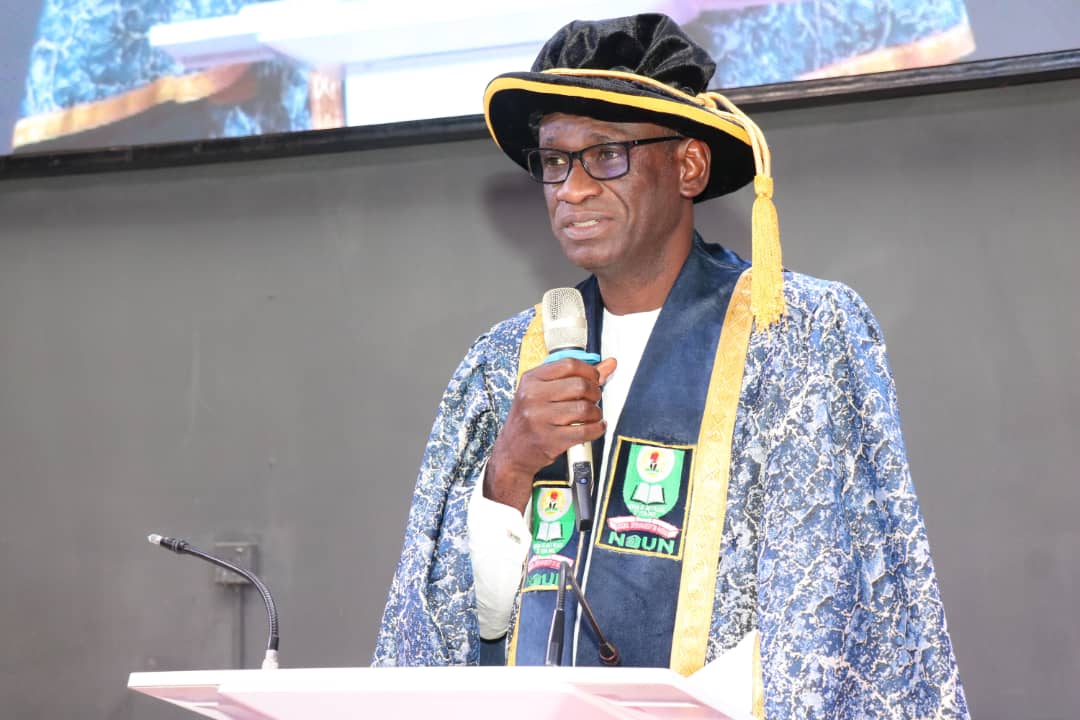
The lecture highlighted studies demonstrating how Open and Distance Learning (ODL) increases access for marginalised and female learners in remote areas; gender sensitive curriculum interventions that foster inclusive pedagogy and challenge traditional biases as well as mentorship models that significantly improve STEM retention and performance among girls when supported by trained female educators.
Earlier in his opening remarks, the Vice-Chancellor of NOUN, Professor Olufemi Peters, praised the presenter’s contributions to education and her unwavering commitment to inclusion, policy advocacy, and excellence in teaching.
"This inaugural lecture is not just another academic engagement," he said, "It is a reflection of where we are as a society and where we must go if we are to break the chains of inequality and empower the next generation,” the VC, who was represented by the Deputy Vice-Chancellor (Technology, Innovation and Research), Professor Godwin Akper, said.
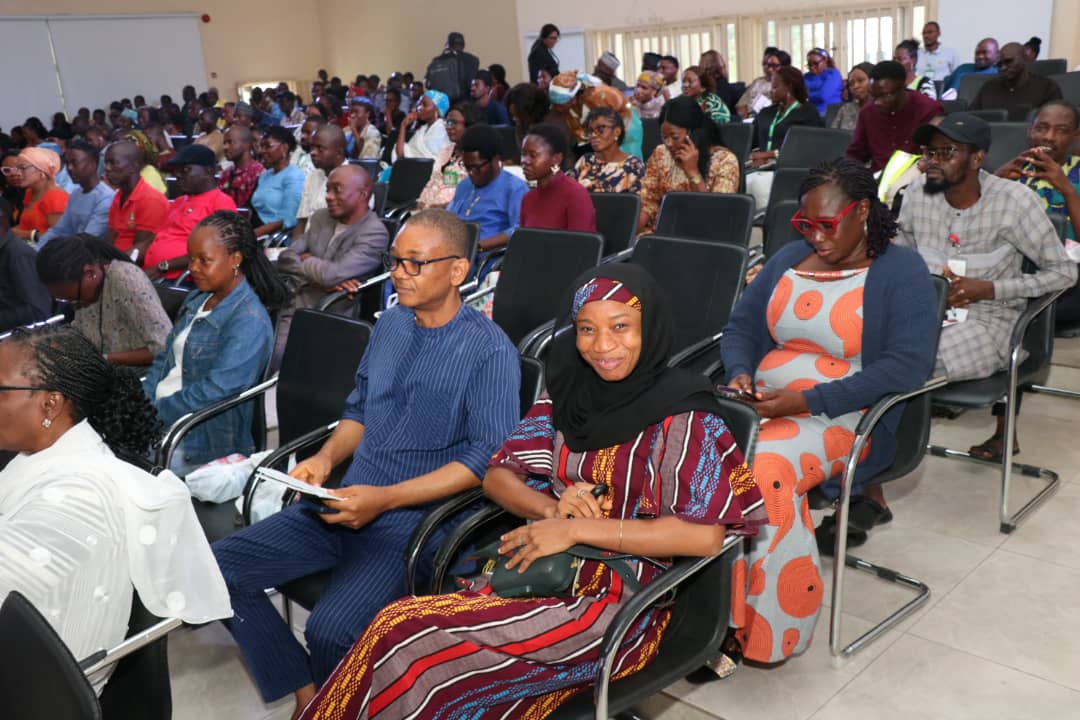
On his part, the Deputy Vice-Chancellor (Academic), Professor Chiedu Mafiana, delivered the vote of thanks, applauding Nnaka’s lifelong commitment to education and social change.
Represented by Professor Isaac Butswat, the Deputy Vice Chancellor (Academics), Mafiana remarked: “This lecture is more than an academic ritual; it is a national call to transform our classrooms, policies, and systems in favour of equity, innovation, and national progress.”
- Log in to post comments
- 221 views

